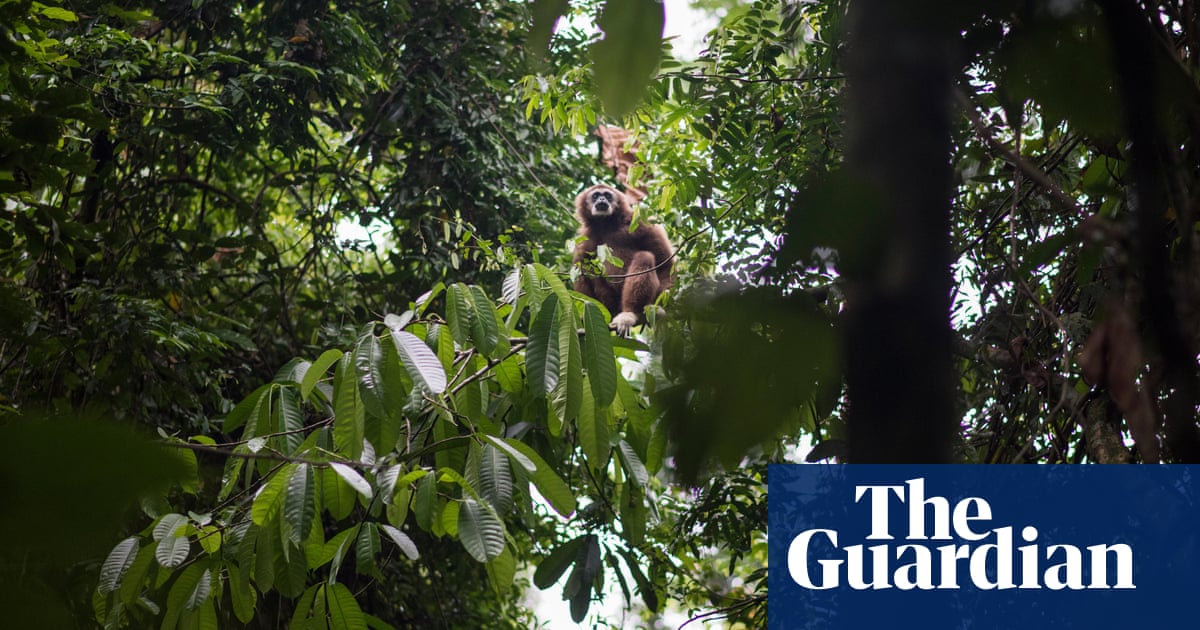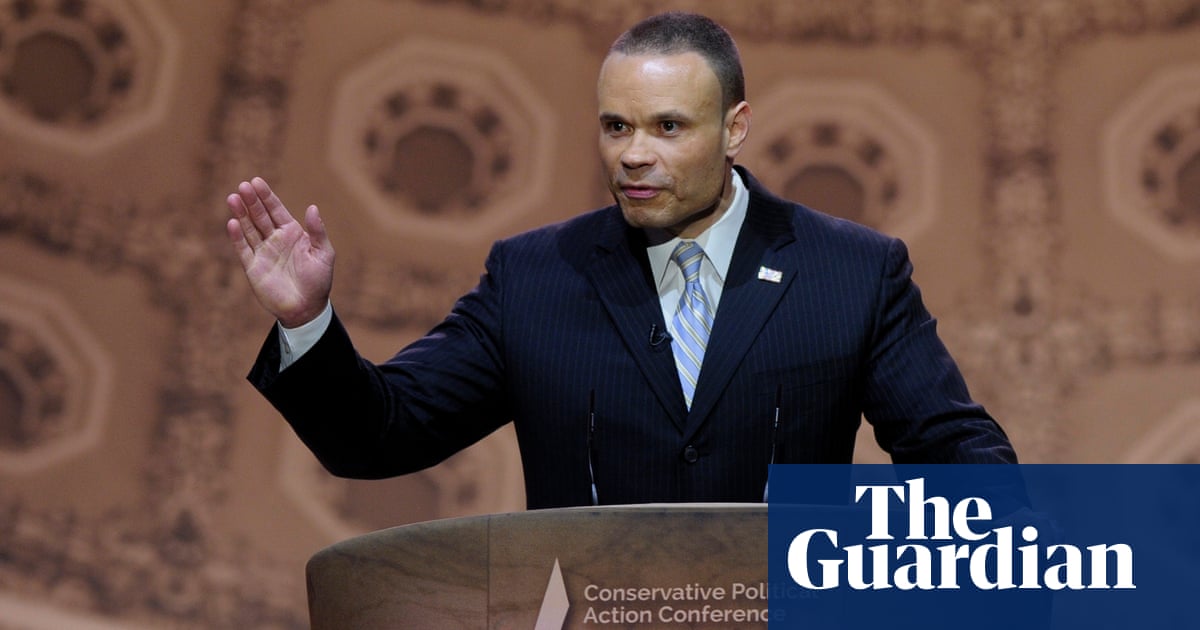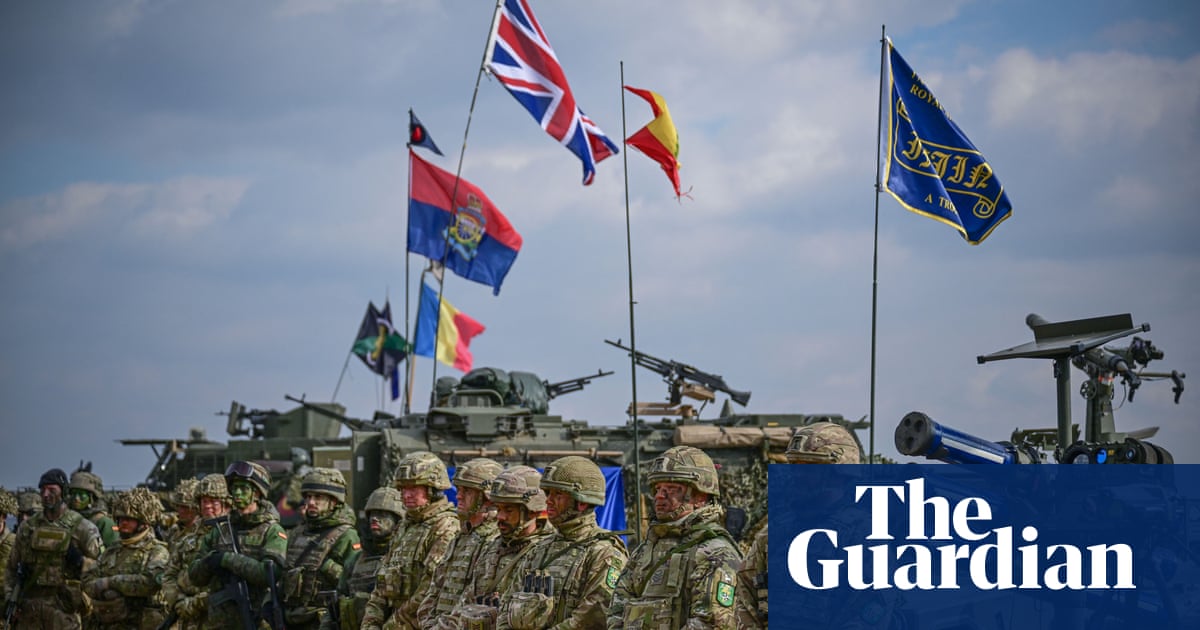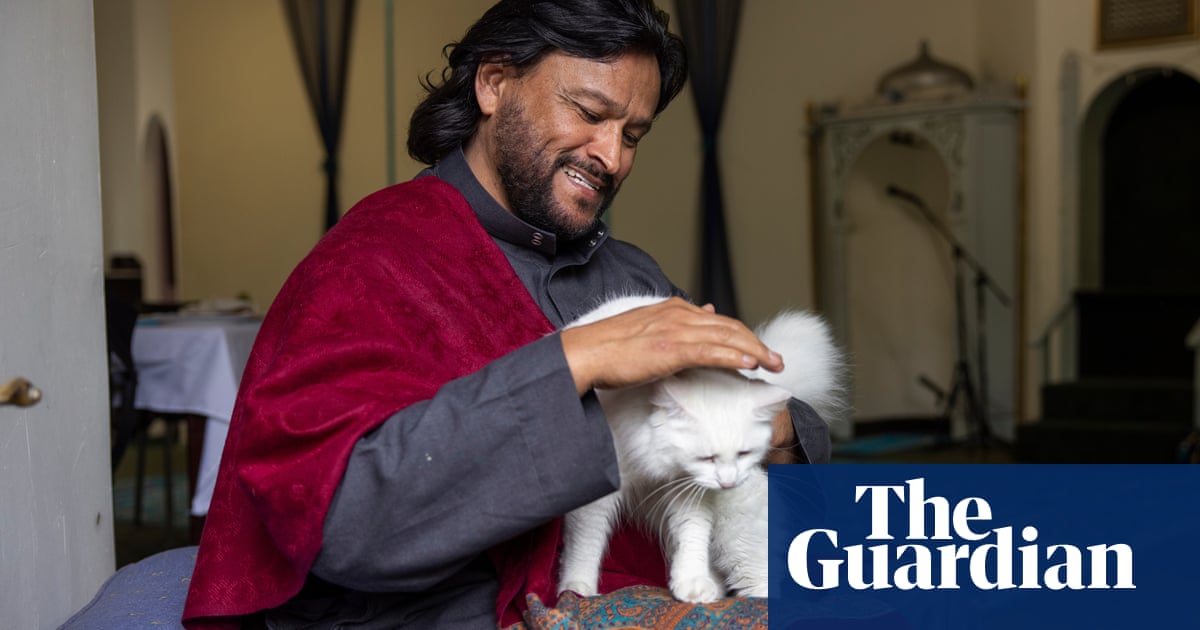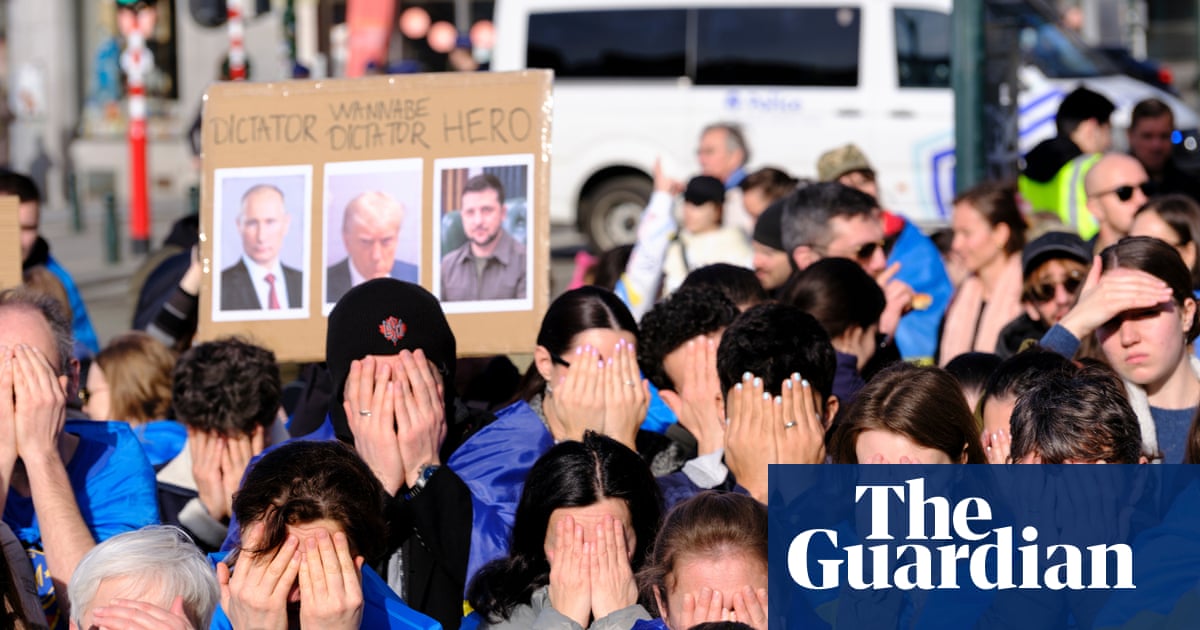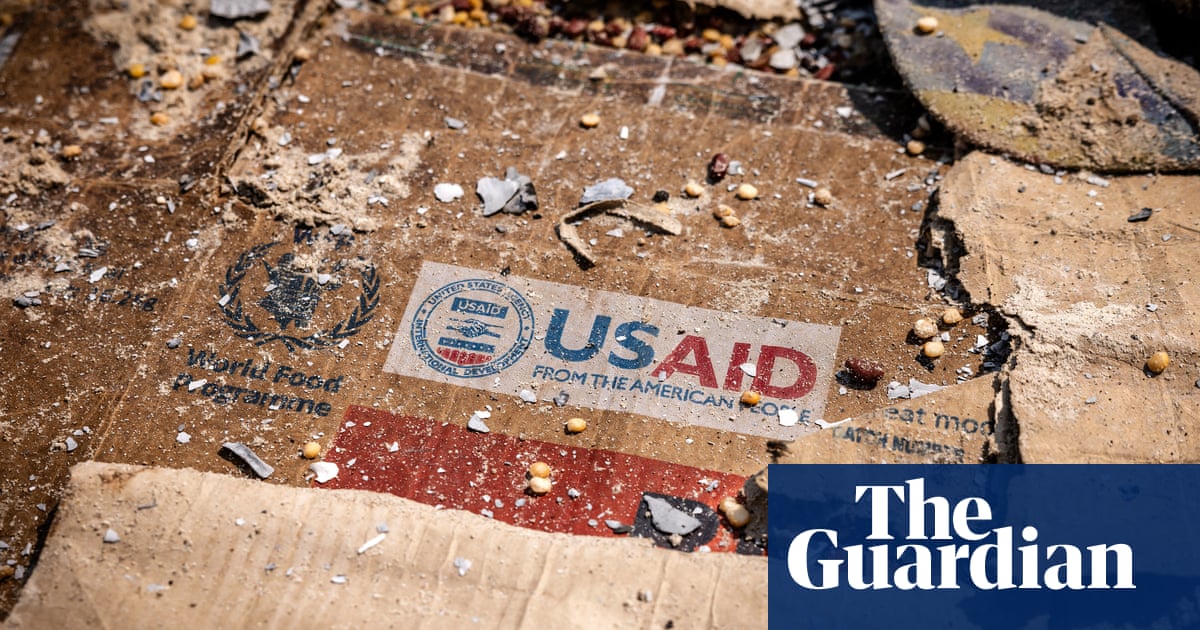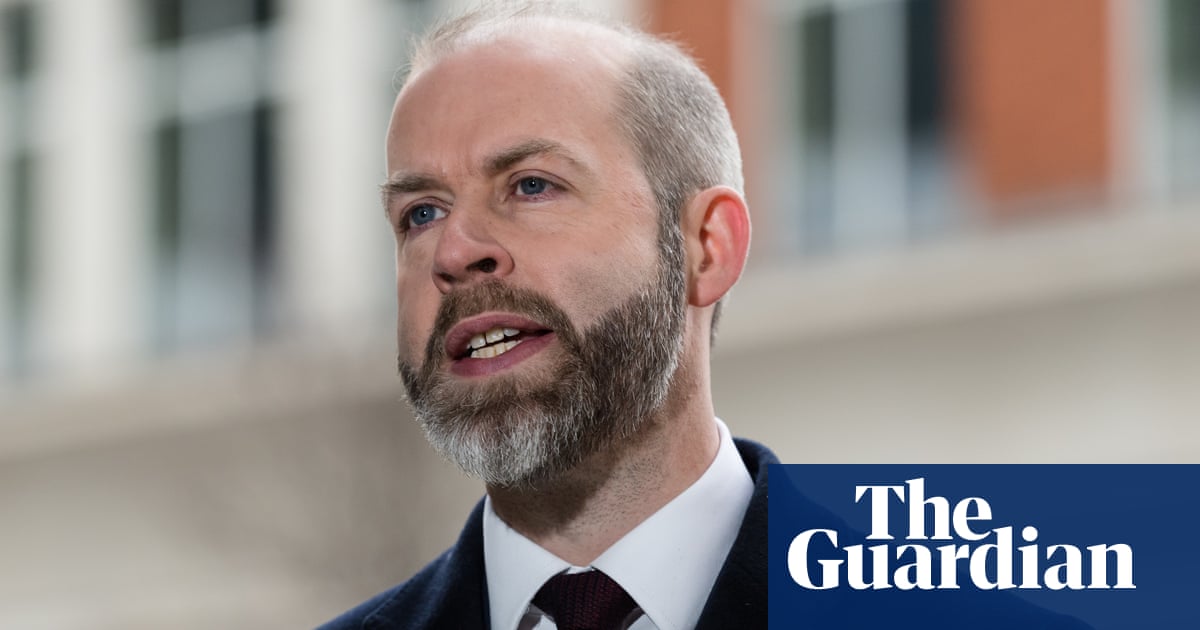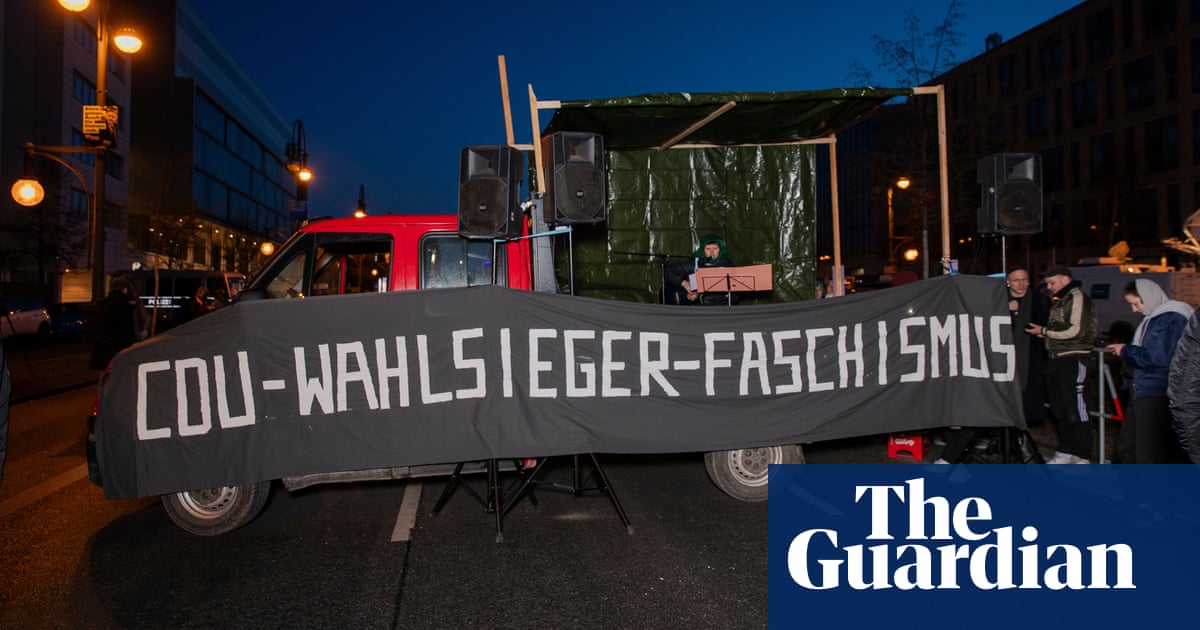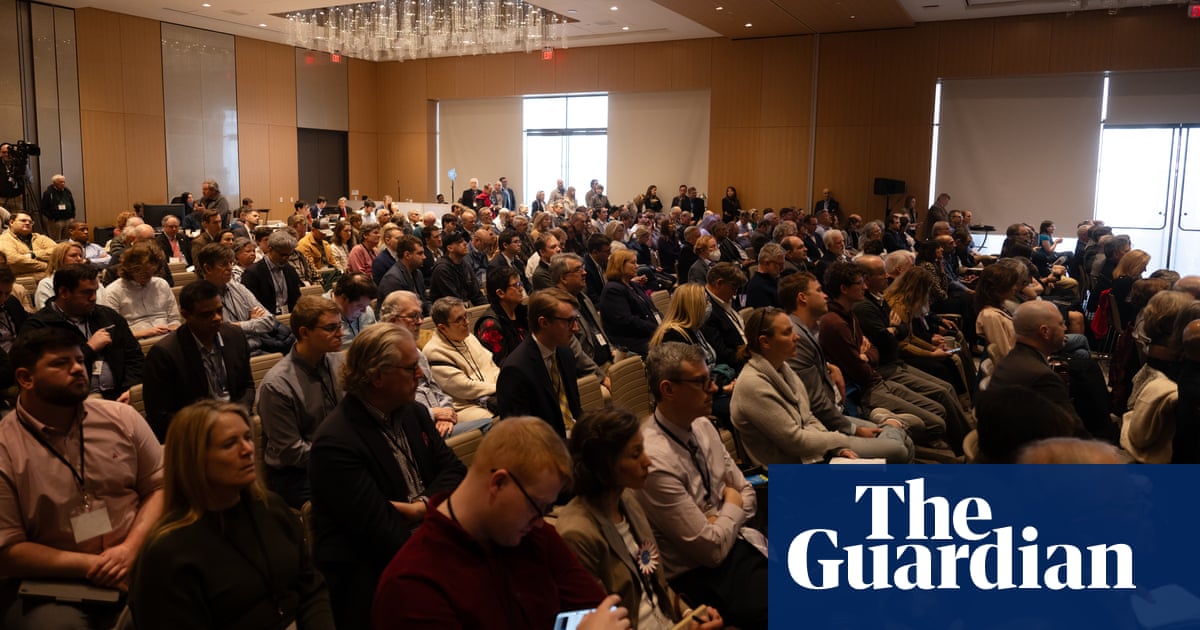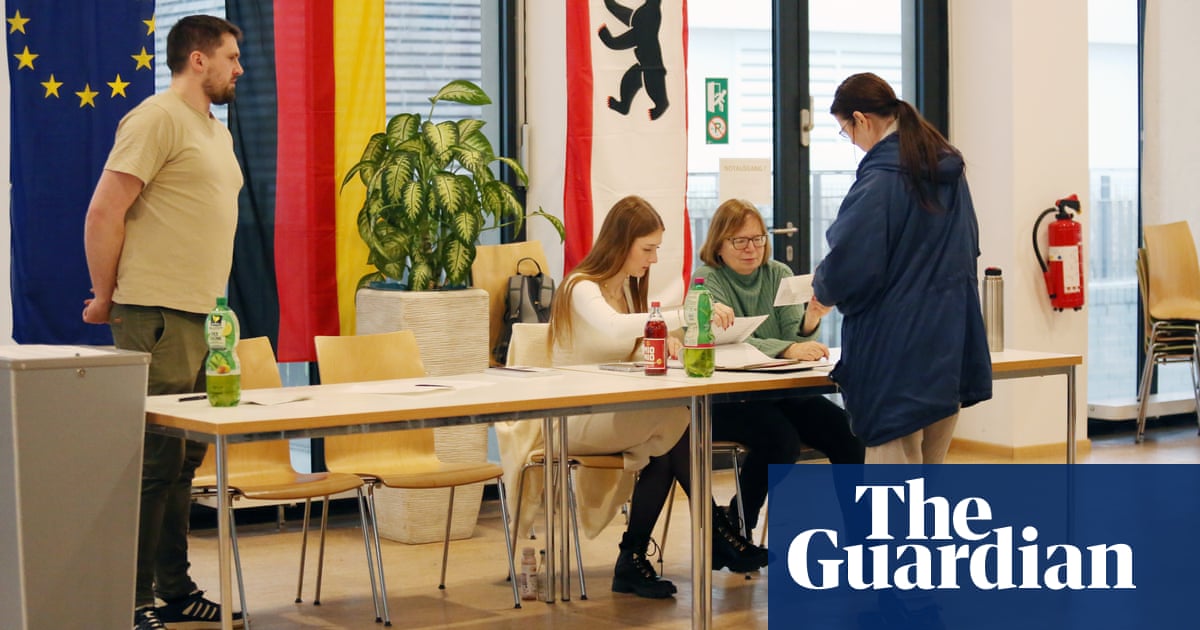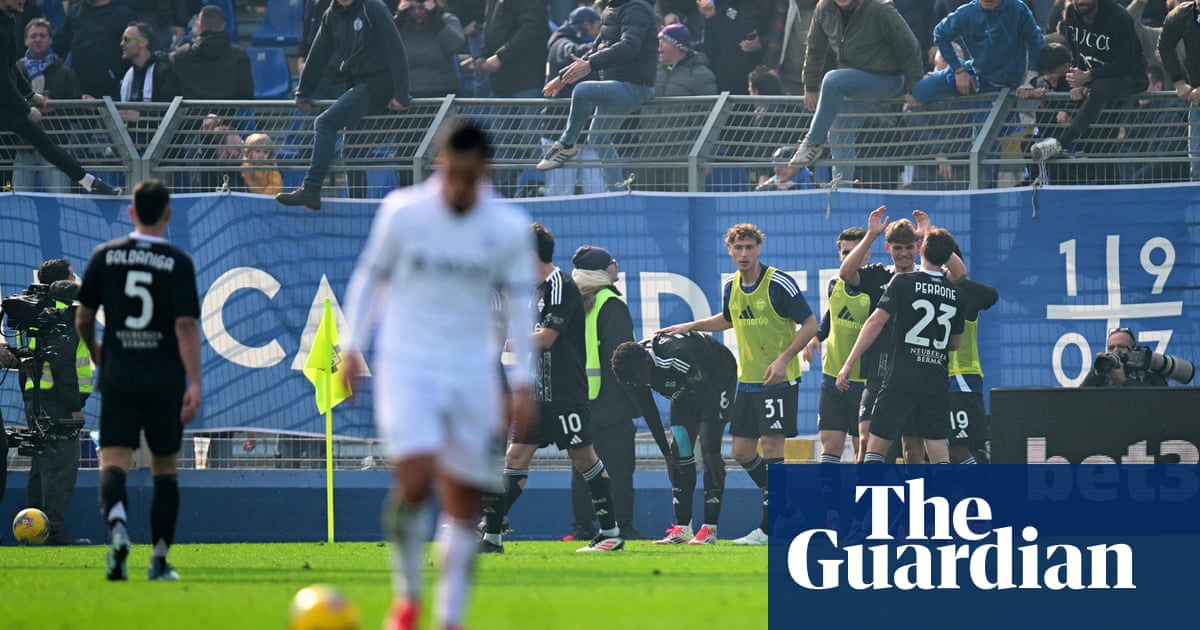Growing up, I had always dreamed of becoming a police officer like my uncle. In my childhood in the 1980s and 90s, the police had a positive and brave image. I remember when I was in first or second grade, struggling with English, my uncle would tutor me. After our lessons, I would stay at his house to play. Next to his bed was a punching bag, and he would teach me how to throw punches and do one-handed push-ups.
My uncle would show off the muscles on his arms, telling me his dream was to become a police officer who fights crime and protects the innocent. He eventually did. And in his police uniform graduation photo, he stood tall and proud – a hero in my eyes.
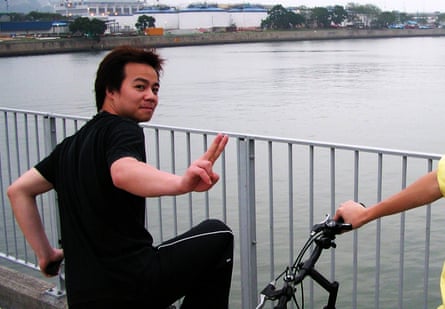
I also remember once being bullied by three gang members on my way home from school. My father, upon learning of the incident, took me to the nearest police station to file a report. The officer who took the report reassured me, saying there was nothing to fear. He even gave me a phone number to call in case of trouble. His words made me feel safe.
But by the summer of 2019, the excessive violence used by police against pro-democracy protesters in Hong Kong had tarnished that image. One of my fellow journalists standing just a few feet away from me was blinded in one eye when he was hit by a rubber bullet fired by the police. Police were now called “black cops” while Hongkongers were derogatorily referred to by the police as “cockroaches”.
I hadn’t seen my uncle for many months until a family funeral that summer. He knew I had joined the protests. He looked me up and down and asked, “How much are you paid to protest on the streets?” I frowned and replied, “Do protesters even get paid? If they do, I’d like to know where to sign up.” He seemed unable to comprehend why anyone would protest without being paid to do so.
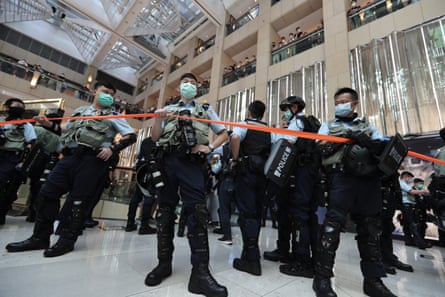
Today, instead of reporting harassment to the police, Hongkongers are given rewards for disclosing national security cases by calling or texting a new national security tip-off hotline. It is one of the elements of the new national security law – initiated in the wake of the pro-democracy protests, which gives penalties of up to life imprisonment for crimes including treason and insurrection.
When the hotline was first announced, my friends and I joked about it. I remember during a dinner gathering, when someone mentioned receiving the Sinovac Covid-19 vaccine produced in China, another friend would say, “report it to national security”.
Of course, we all knew it was just a joke among friends. However, over time, it was no longer funny. We stopped discussing sensitive topics in public. We didn’t know if the people around us might secretly record our conversations and actually report us to the national security police.
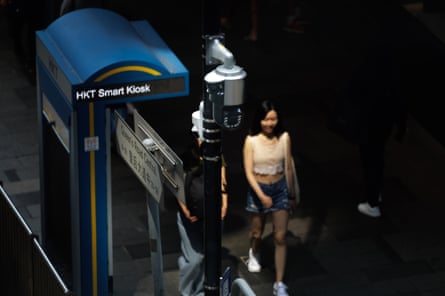
Surveillance has spread to every corner of life in Hong Kong. As well as the cameras with facial recognition technology installed on streets and alleys, cameras can be found in major shopping malls, shops, public transport, taxis and residential building lobbies and lifts.
The day before I left Hong Kong in 2021, I visited Admiralty one last time. This is the location of the government’s headquarters, and where the 2014 and 2019 pro-democracy movements began. It holds many memories for me. I loved photographing the pedestrian bridge that connects the metro station to the government headquarters and the beautiful sunsets you could see from there.
Today, however, the bridge has been covered on both sides with thick layers of barbed wire, and although it is less than 200 metres long, it is now equipped with more than 10 surveillance cameras. It feels like being in a prison.

The trust between people has started to erode, replaced by a white terror. This sense of mistrust has extended beyond strangers to include friends I’ve known for more than 20 years. In social media groups with my friends in Hong Kong, some have stopped talking altogether, fearful of expressing opinions and being reported.
“I live with a mask on every day now,” one of my friends told me recently. “There are so many things I’m unhappy about, but I don’t dare to speak up because I’m afraid of being reported. I really hate myself right now. But everyone who has stayed behind is just like me – silent, pretending nothing has happened.”
-
Alan Lau is a documentary film-maker whose film Rather be Ashes than Dust covers the pro-democracy protests and police brutality in 2019

 2 months ago
51
2 months ago
51



